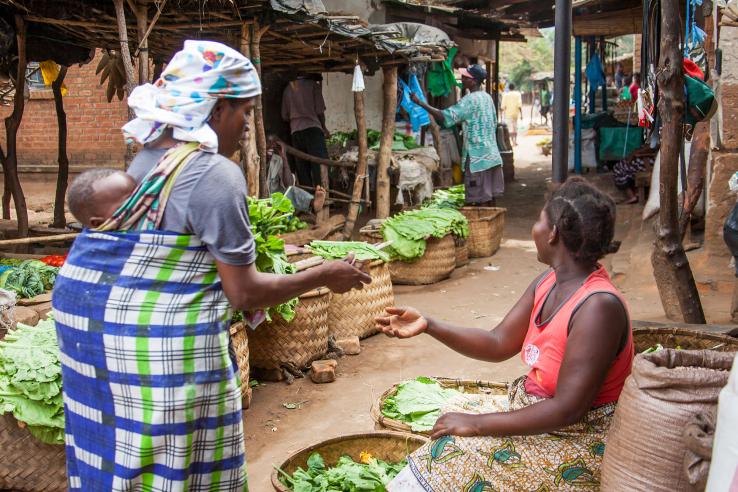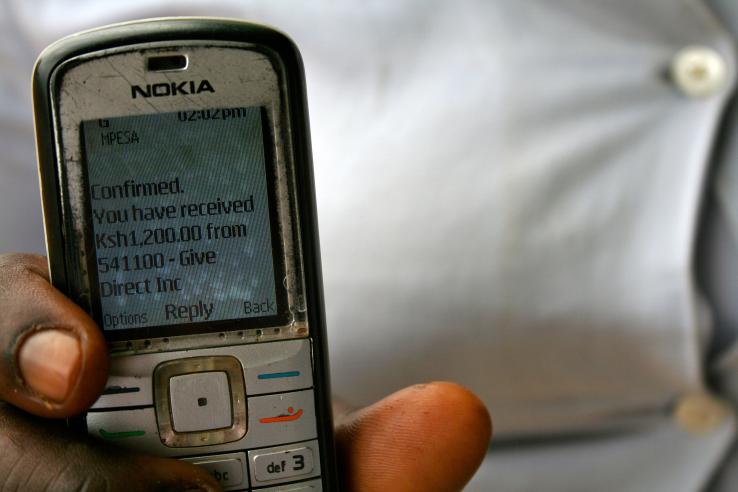Displaying 3286 - 3300 of 8335
Evaluation
Researchers conducted two randomized evaluations to test 1) the impact of providing public spending information on voter attitudes and 2) the impact of cash transfers on parental preferences for education.
Evaluation
Researchers examined two occasions in which an Argentine Congressional chamber was subject to randomly assigned term lengths as a result of political or constitutional changes. Assignment to a longer term increased overall legislative effort.
Evaluation
Researchers evaluated the impact of providing schools with an unconditional cash grant, a teacher incentive program, or both on student learning. The cash grant had no impact on student learning, while the teacher incentive program had mixed results. However, combining both programs together had an even greater impact on student learning compared to the sum of the effects from each individual component alone.
Evaluation
Researchers offered high school students the opportunity to sign up for free access to an online SAT preparatory course. Some students were told that their decision to sign up would be public, and others were told that their decision would be kept private. In non-honors classes, sign-up rates were lower for students who were told that their decision would be public. In honors classes, sign-up rates were not affected.
Person
Research resource
This resource provides guidance for evaluations that use technology as a key part of the intervention being tested. Examples of such interventions might include automated alerts embedded into an Electronic Medical Record, or a text messaging platform facilitating communication between teachers and...
Evaluation
In Rarieda, Kenya, researchers conducted a randomized evaluation to measure the impact of GiveDirectly’s UCT program on poor rural households’ economic and psychological well-being. Results demonstrated that the program had significant welfare-improving impacts, both economically and psychologically, for transfer recipients.
Evaluation
Researchers partnered with several agencies of the Government of Punjab, Pakistan, to evaluate the impact of giving procurement officers more autonomy, compared to financial rewards, on public procurement performance. Shifting authority away from supervisors and towards procurement officers improved performance, particularly when supervisors were more inefficient or corrupt. In contrast, financial rewards for officers did not improve performance when their supervisors were inefficient or corrupt.
Evaluation
Researchers partnered with the Susan Thompson Buffett Foundation to randomly offer scholarships to Nebraska high school graduates who applied for financial assistance. Initial results from the ongoing study indicate that scholarship offers increased college enrollment and persistence while shifting students toward more selective institutions. The effects were largest for students who had lower high school grades and ACT scores.








